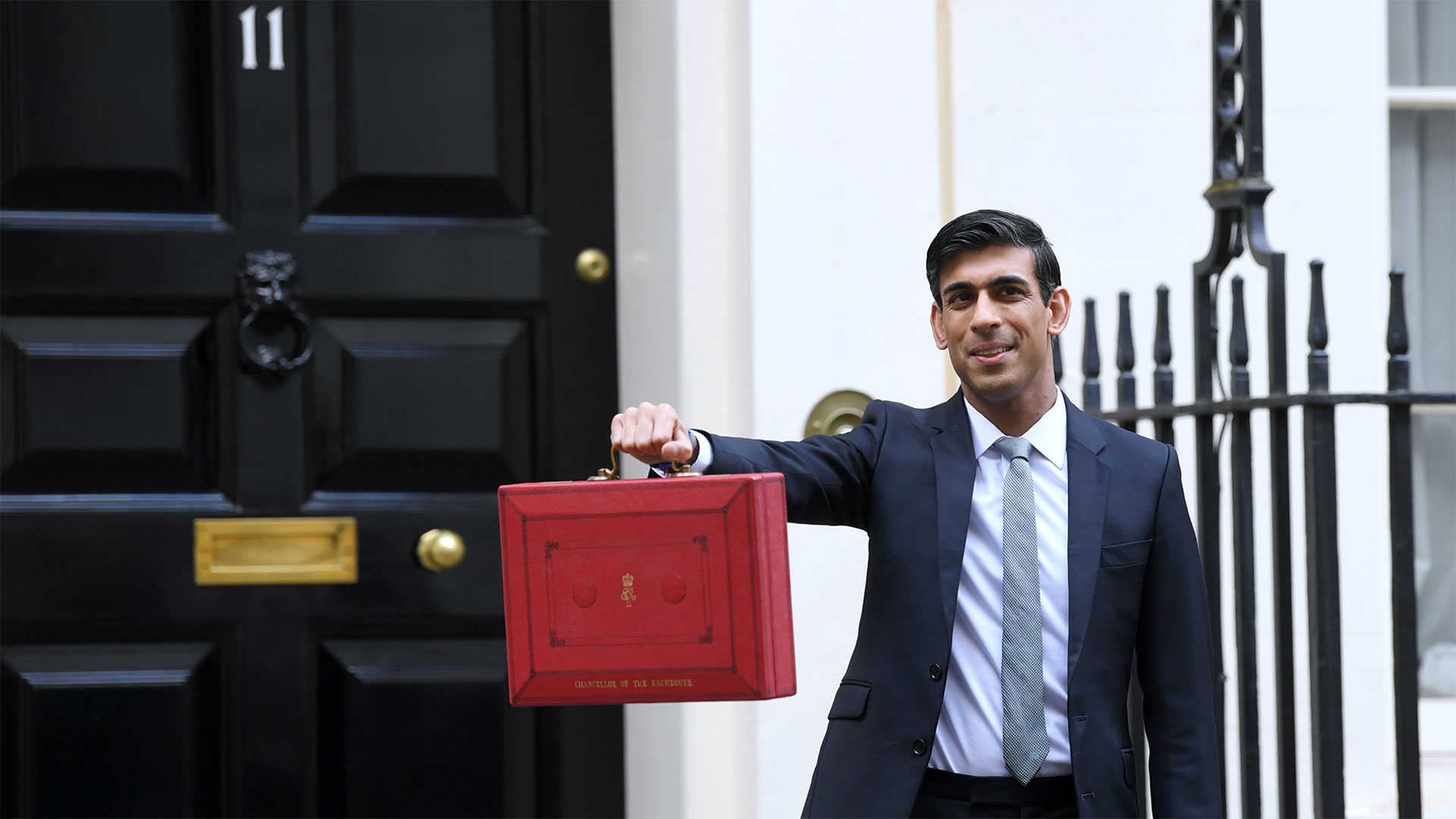This “last-minute approach” caused further spikes in redundancy applications, said Labour, and shows why businesses need long-term assurances to prevent a swathe of redundancies when the furlough scheme is due to end in April.
Powell continued: “These numbers aren’t just statistics – each one represents an employee being told they are about to lose their job and a firm losing a valued worker.”
Sunak is reportedly planning to extend furlough into the summer with the Spring Budget on March 3. A Treasury spokesperson told The Big Issue that the recent extension of the furlough scheme until April should give workers “certainty that help is in place”.
“We will continue to invest in protecting and creating jobs through the remainder of the pandemic and through the recovery, and we will set out further details via the next stage of our Plan for Jobs at the upcoming Budget,” they added.
Labour’s analysis found proposed redundancies rose by more than 500 per cent in the summer of 2020 when compared to the year before.
Uncovered via a written parliamentary question, the Department for Business, Energy and Industrial Strategy figures tracked proposed redundancies indicated on human resource forms received by the Redundancy Payments Service.
Advertising helps fund Big Issue’s mission to end poverty
A total of 73,254 redundancies were proposed in May last year, rising to 155,576 in June and 149,301 in July as the Chancellor unveiled his Plan for Jobs, a number of measures intended to protect, create and support employment. There were 57,749 redundancies in the pipeline in August.
Figures then rose to 81,670 in September as the government asked businesses to pay a higher proportion of employees’ wages. In total 140,000 redundancies were planned in September and October before Sunak changed his mind and scrapped the Job Support Scheme which was intended to replace furlough as Covid-19 cases rose in the autumn.
Office for National Statistics figures released this week showed 395,000 people were made redundant between September and November.
The figures show the need for long-term certainty, claims Labour. The opposition party wants Sunak to announce a six-month extension to the business rates holiday at next week’s Budget and a reduced VAT rate over the same period to help struggling businesses.
Labour also urged the Chancellor to introduce an extension to the furlough scheme alongside training for furloughed workers.
Powell added: “Rather than constantly changing his mind, the Chancellor should have stood by his promise to do whatever it takes. As we’ve said throughout this crisis, the public health restrictions have got to be backed by the right economic support to help businesses and workers.
Advertising helps fund Big Issue’s mission to end poverty
The Confederation of British Industry echoed Labour’s Budget demands, urging an extension to the furlough scheme until June with targeted support to follow as well as business rate holiday and VAT deferral extensions.
Tony Danker, CBI director-general, said business resilience is at a “sobering new low” thanks to the pandemic’s disruption which has seen many non-essential businesses closed throughout 2021 so far.
“The Government has done so much to support UK business through this crisis, we don’t want to let slip all the hard work from 2020 with hope on the horizon,” said Danker.
“The rule of thumb must be that business support remains in parallel to restrictions and that those measures do not come to a sudden stop, but tail off over time. Just as the lifting of restrictions will be gradual, so must changes to the Government’s sterling support to businesses.”
A Treasury spokesperson told The Big Issue the Chancellor will unveil the next stage of his Plan for Jobs at next week’s Budget and vowed to “continue investing in protecting and creating jobs through the remainder of the pandemic”.
The spokesperson said: “This unprecedented pandemic has gone on far longer than any of us hoped, but we’ve taken significant action throughout to support jobs and livelihoods, spending over £280 billion in response to the pandemic.
Advertising helps fund Big Issue’s mission to end poverty
“We’ve already extended our furlough scheme through to April so that people have certainty that help is in place.
“We will continue to invest in protecting and creating jobs through the remainder of the pandemic and through the recovery, and we will set out further details via the next stage of our Plan for Jobs at the upcoming Budget.”









